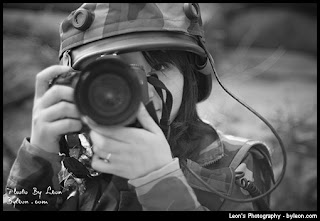Communications Minister Stephen Conroy has announced an independent inquiry into Australia's media industry, which will focus on the print and online sectors. But is this really necessary?
In the wake of
Britain's phone-hacking scandal and both the ALP and Greens criticism of reporting by Rupert Murdoch's News Limited here in Australia, the review, says Greens leader Bob Brown, should focus on the concentration of media ownership.
According to
ABC Online, News Limited controls around 70 per cent of Australia's newspapers. Perhaps an inquiry into the print media is justified on this figure alone. After all, a diverse and robust media is essential to the workings of any democracy.
But in the case of online news, it could be argued that the plethora of independent blog sites, some of which are reliable, credible and of a high quality, counters any need for a formal inquiry focused on media ownership issues.
Of course, many blogs are pretty ordinary and certainly not credible. But at least they help spread a diversity of views on any number of topics, including the latest news. I don't think the concentration of ownership of the traditional news media and their relatively new online arms have a significant bearing on this issue.
When I did a
Google search for "top news blogs Australia" the first to appear in my search results was
crikey.com.au, a fiercely independent and critical source of news and views.
The others in the top 5 results included
news.com.au/blogs (owned by News Limited),
couriermail.com.au,
heraldsun.com.au and
theaustralian.com.au/opinion (each also owned by News Limited). Actually, maybe we do have an issue here!
Another search for news blogs of relevance to Australia (searched via "The Australian Index - Exploring Australian blogs
http://theaustralianindex.com revealed 93 blogs. Many of these were the blogs of professional journalists who are employed by either Fairfax or News Limited. Others were by independent 'citizen journalists' or online communities and many were focused on specific subjects like a particular sport for example.
When I did a more specific search on a topic of interest (in my case Australian Rules football or 'AFL' as people north of the Murray River call it), I came across many more results (I stopped counting at 50).
Like more general news blogs, many were the blogs of professional sports journalists but many more were independently-run blogs having no association with traditional news media houses. In all cases, the information available was a mix of news and opinion.
Standards varied but there was certainly a diversity of information to draw on.
I guess you just need to know what you're looking for.


